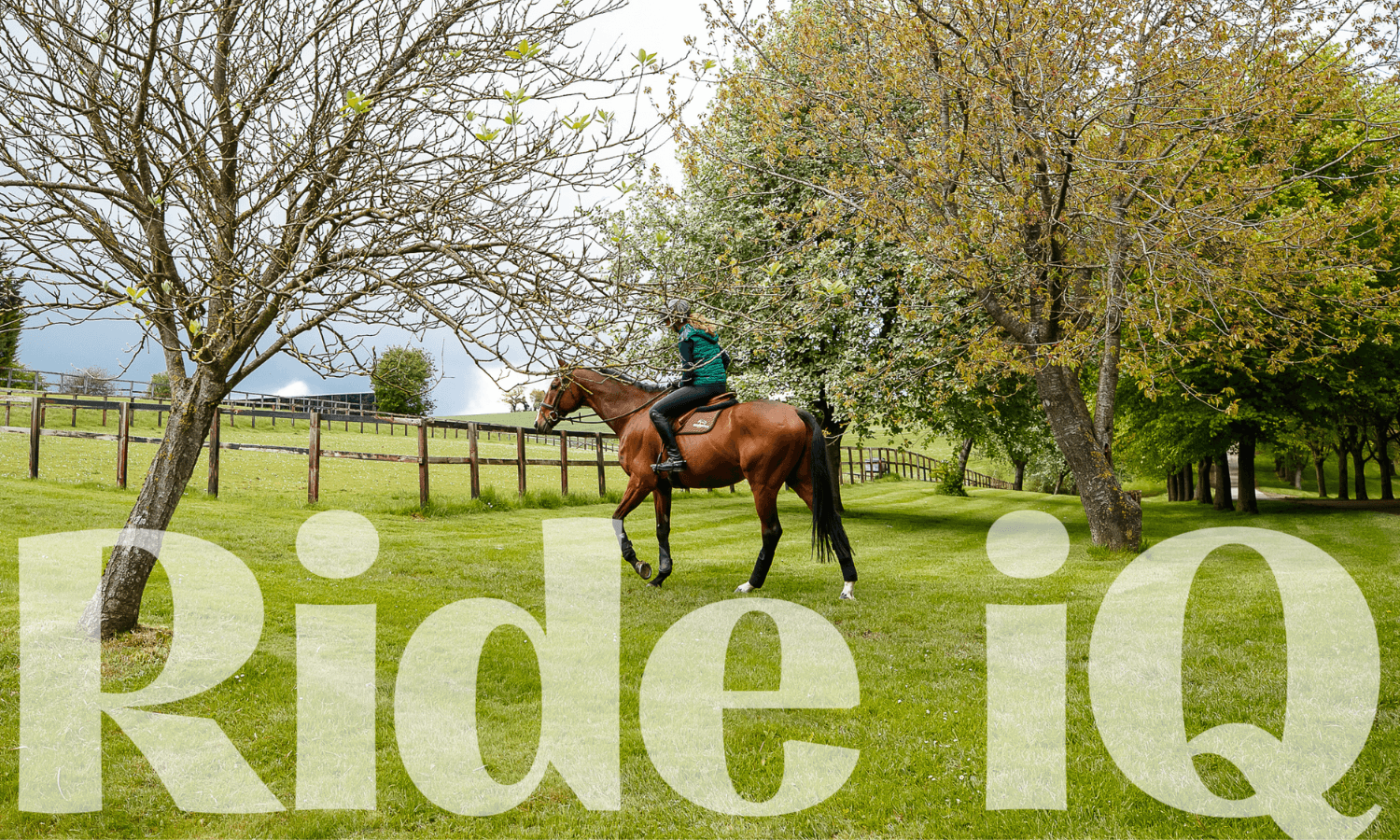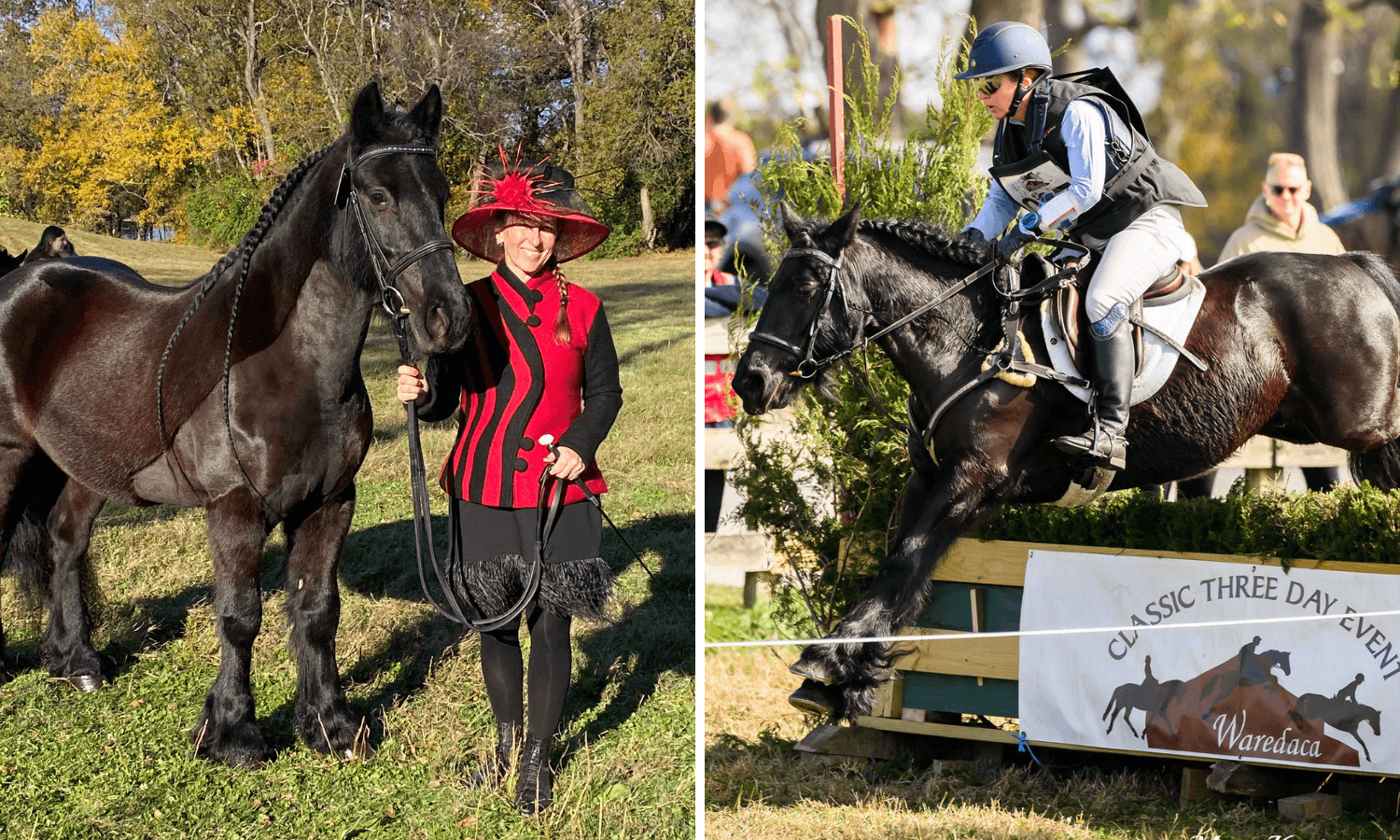Rehabbing Your Horse: Two Ride iQ Hack Chats with Lauren Sprieser and Kyle Carter

Ride iQ’s “hack chats” are short and sweet podcast episodes that are designed to be listened to while you are out hacking a horse. Ride iQ has featured two informative hack chats with top professionals about how they approach the rehab process with their horses.
In her hack chat, Grand Prix dressage rider Lauren Sprieser talks about the do’s and don’ts of bringing a horse back into work after an injury or extended time off. Her rule of thumb is that it should take at least half as long as the horse had time off to get them back into full work. Thus, if your horse had four months off, you should have a rehab period of at least two months. Lauren always writes down her rehab schedule so that she does not get greedy and start doing more work than her horse is ready to do. She emphasizes that riders can make a lot of progress—including in all the lateral movements—training their horses simply in the walk, although if a horse has had a soft tissue injury, it is best to be cautious with lateral work even in the walk.
In his hack chat, Canadian Olympic event rider Kyle Carter discusses his approach to rehabbing. He has extensive experience rehabbing both his own competition horses over the years as well as rehabbing horses for clients. Kyle talks about the importance of remaining flexible throughout the process. Every horse is different, and every injury is slightly different. Kyle describes two main pathways: injuries that improve with work because strengthening is required in the healing process, and injuries that require more time off before work can begin (i.e. soft tissue injuries). Kyle begins with extensive walk work to begin the rehab process. He then incrementally adds in trot and canter. For a soft tissue injury, this process can take up to 14 months. His rule of thumb is that any “hard” day should be followed by an easy day so that the horse can recover from the stress of increased work.
There are two points that stood out to me from Kyle’s hack chat. The first is that taking more time is almost always better. Kyle says that people often start doing too much too soon when their horse is feeling good and sound, but what they forget is that their horse may not have the strength to do more work yet. Just as Lauren suggested, it is easy to get off schedule and accelerate the work if you don’t have a clear plan. The second point that stood out to me from Kyle’s episode is that training and competition can work into the rehab process. For example, an upper-level horse can and should go out and do a lower-level event as part of their rehabilitation when they are ready for that step. Doing a lower-level event simulates the stress and excitement of a higher-level event without the pounding, and it can be a good way to reintroduce a horse to the sport after some time away. Kyle stresses that rehabilitation is all about steadily building strength and fitness, and you can work both training sessions and competitions into these plans.
Both Lauren and Kyle stress that working closely with your vet is incredibly important. If you work with horses long enough, you will encounter injuries and have to go through the rehab process. Approaching the process with patience, creativity, and a flexible mind is key to getting horses back to top shape.
Learn more about Ride iQ and subscribe today at ride-iq.com.















